Element Symbol:Bismuth (Bi)
CAS:[N/A]
Model:Sup-Bi
Purity:5N,4N, 3N5
Shape:Round,Square
Thickness:[N/A]
Dimension:[N/A]
(Note: Purity, shape, thickness, and dimensions can all be customized)
Bismuth Target Product Details
Bismuth (Bi) is a metallic element with the atomic number 83. It is a reddish-white metal with a density of 9.8 g/cm³, a melting point of 271.3°C, and a boiling point of 1560°C. Bismuth has a metallic luster, is brittle, and has relatively poor electrical and thermal conductivity. It is also the strongest diamagnetic metal, which means its resistivity increases and thermal conductivity decreases in a magnetic field.
Bismuth sputtering targets are silver-colored materials composed of high-purity bismuth metal, available in various shapes and sizes. In nuclear experiments, high-energy particles (such as protons, neutrons, or electrons) bombard the bismuth target to produce the desired radioactive isotopes or other nuclear reaction products.
Note: Purity, shape, thickness, and dimensions can all be customized,Please feel free to contact us for more details.
| Purity (%) | Shape | Manufacturing process | Max. Size |
| 99.999%, 99.99%, 99.95% | Plane target, Cylindrical target, Arc target, Custom-shaped target | Vacuum Melting,PM | Customized |
Applications of Bismuth Targets
- Radioactive Isotope Production: Bismuth targets can be bombarded with high-energy particles to produce various radioactive isotopes. These isotopes are used in fields such as nuclear medicine, industry, and scientific research.
- Nuclear Reaction Experiments: Bismuth targets are used in nuclear reaction experiments to observe and study the characteristics and products of nuclear reactions, which is important for nuclear physics, nuclear engineering, and energy development.
- Radiation Therapy: Due to its high density and low toxicity, bismuth targets can be used in radiation therapy, for example, as targets in proton therapy.
Other Uses of Bismuth
Bismuth is primarily used in its metallic form to create low-melting alloys and in its compound form for medical applications. It often combines with lead, tin, cadmium, antimony, and indium to form a series of low-melting alloys for use in fire safety devices, thermal elements in automatic sprinklers, electrical fuses, and safety plugs in boilers and air compressor cylinders. Bismuth alloys, which expand upon solidification, are used for precision casting, stamping molds, and printing alloys. Adding bismuth to cast iron, steel, and aluminum alloys can improve their machinability. Bismuth alloys containing 11% antimony can be used to manufacture infrared detectors. Ultra-pure bismuth (over 99.999%) is used as a carrier or coolant in nuclear reactors. Bismuth telluride is used to manufacture thermoelectric cooling elements and power generators. Various bismuth compounds are employed as dusting powders, astringents, preservatives, antacids, and more.
Please provide detailed information about the target materials, such as purity, size, tolerance requirements, and any other technical specifications, and we will promptly provide you with a quote and fast delivery.
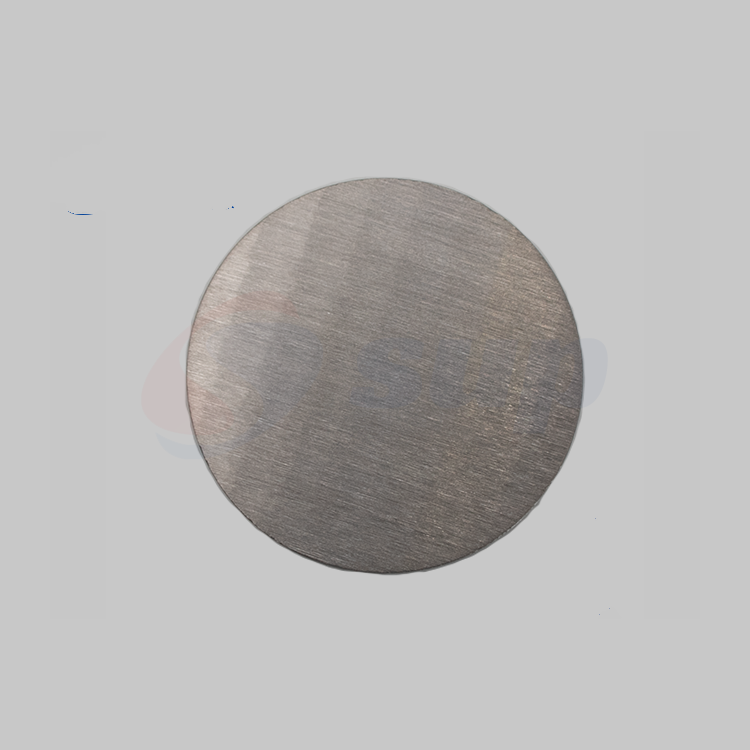
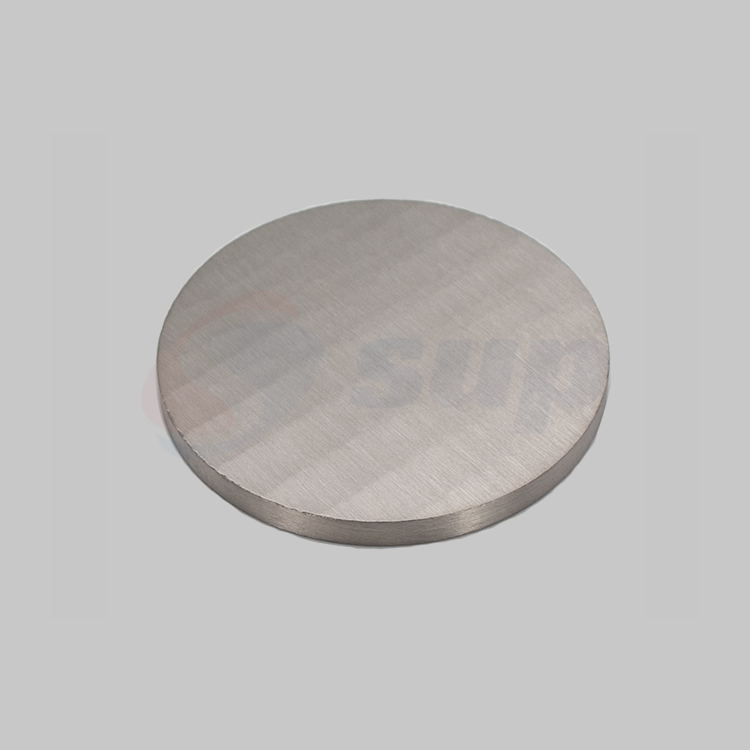
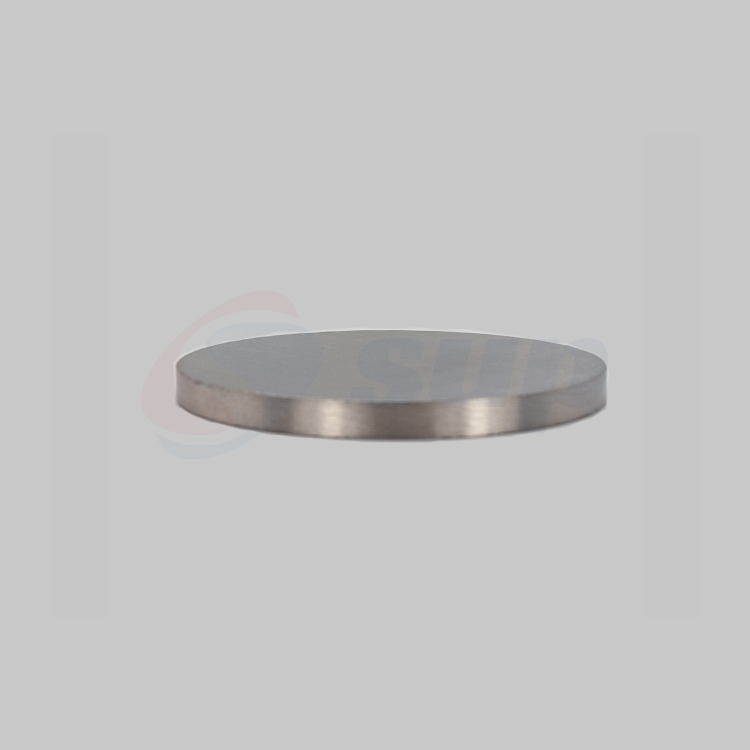
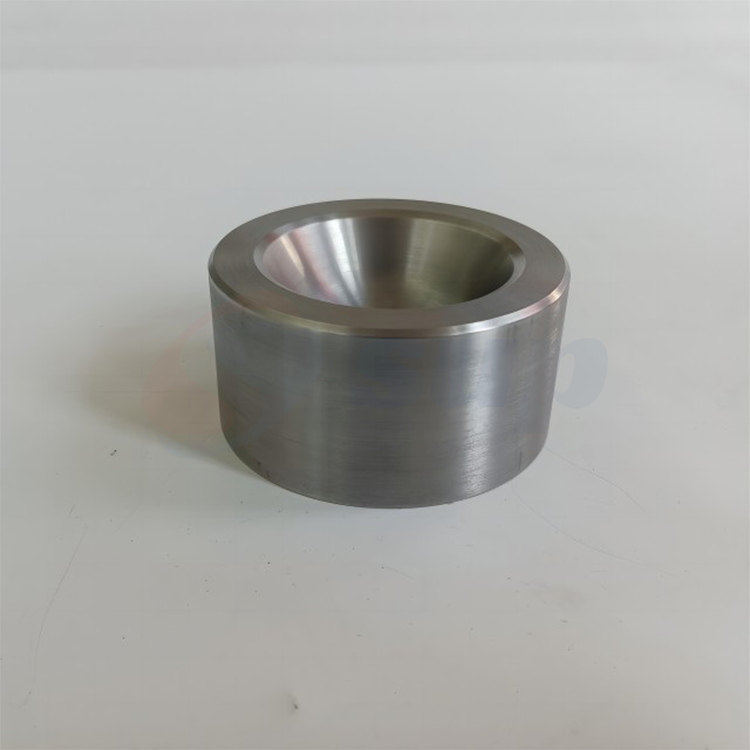
Office Photo

Exhibition
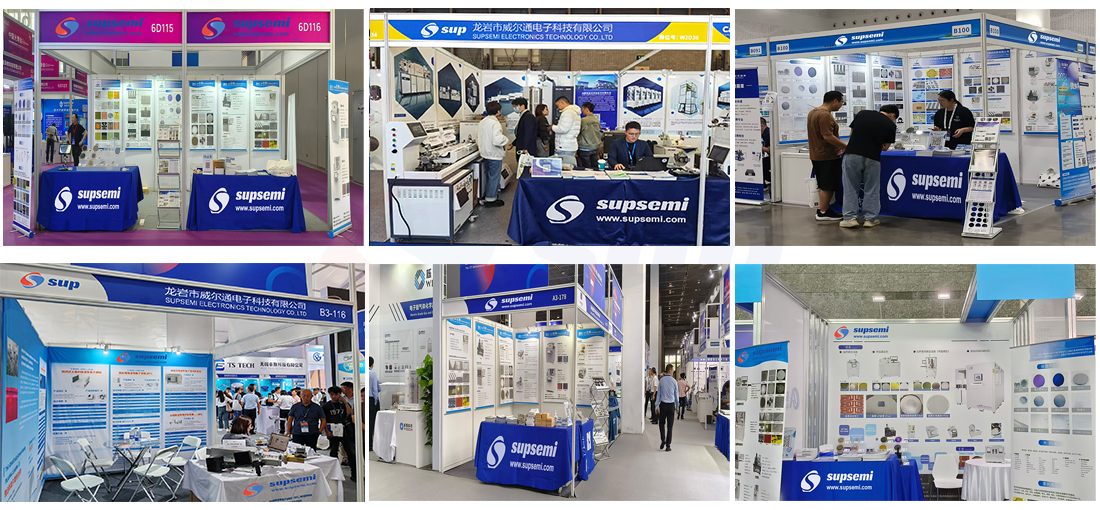

Contact: Bruce Liu
WhatsApp: +86-18059149998
Tel: +86-18059149998
Email: sales@supsemi.com
Add: Room 1402, Building 1, No. 89 Xibeilu, Xishancun, Xibei Street, Xinluo District, Longyan City, Fujian Province
We chat
